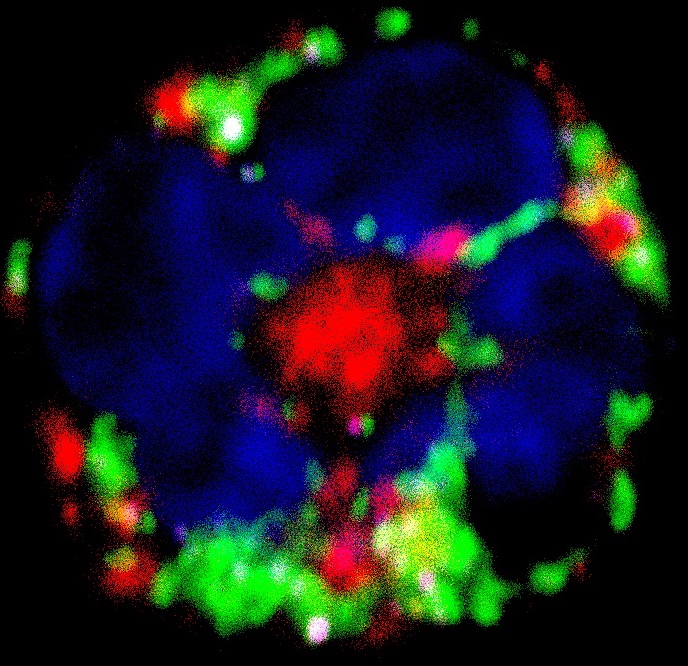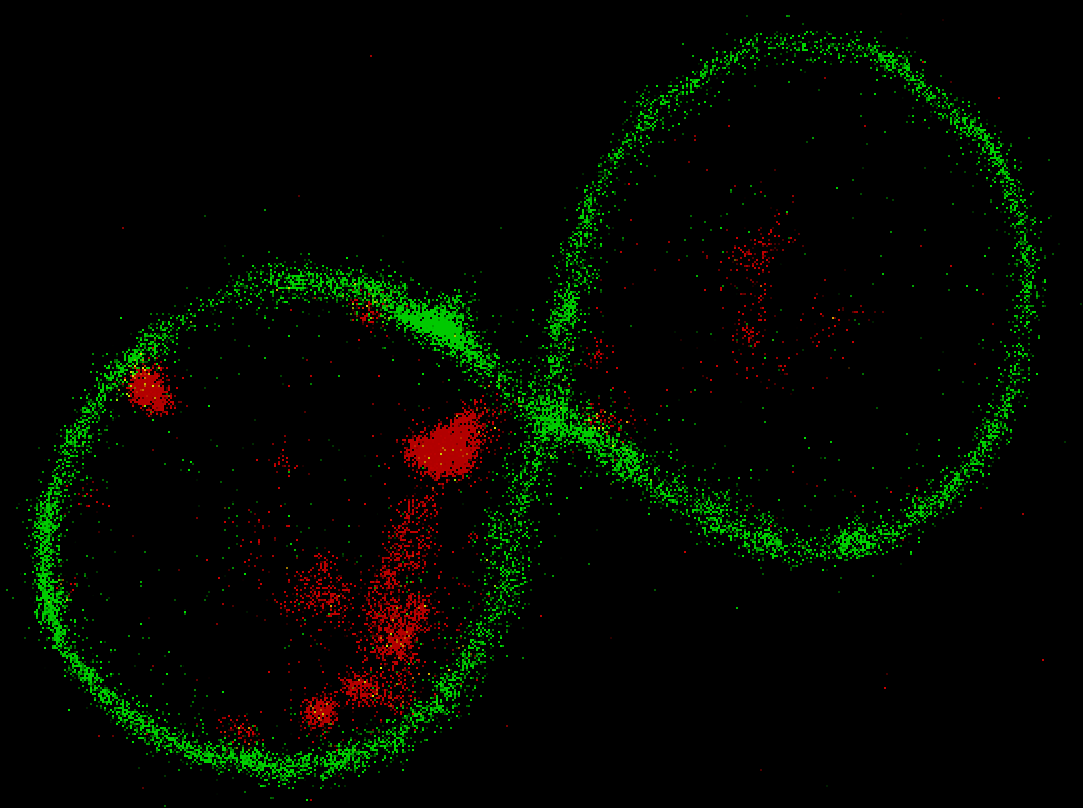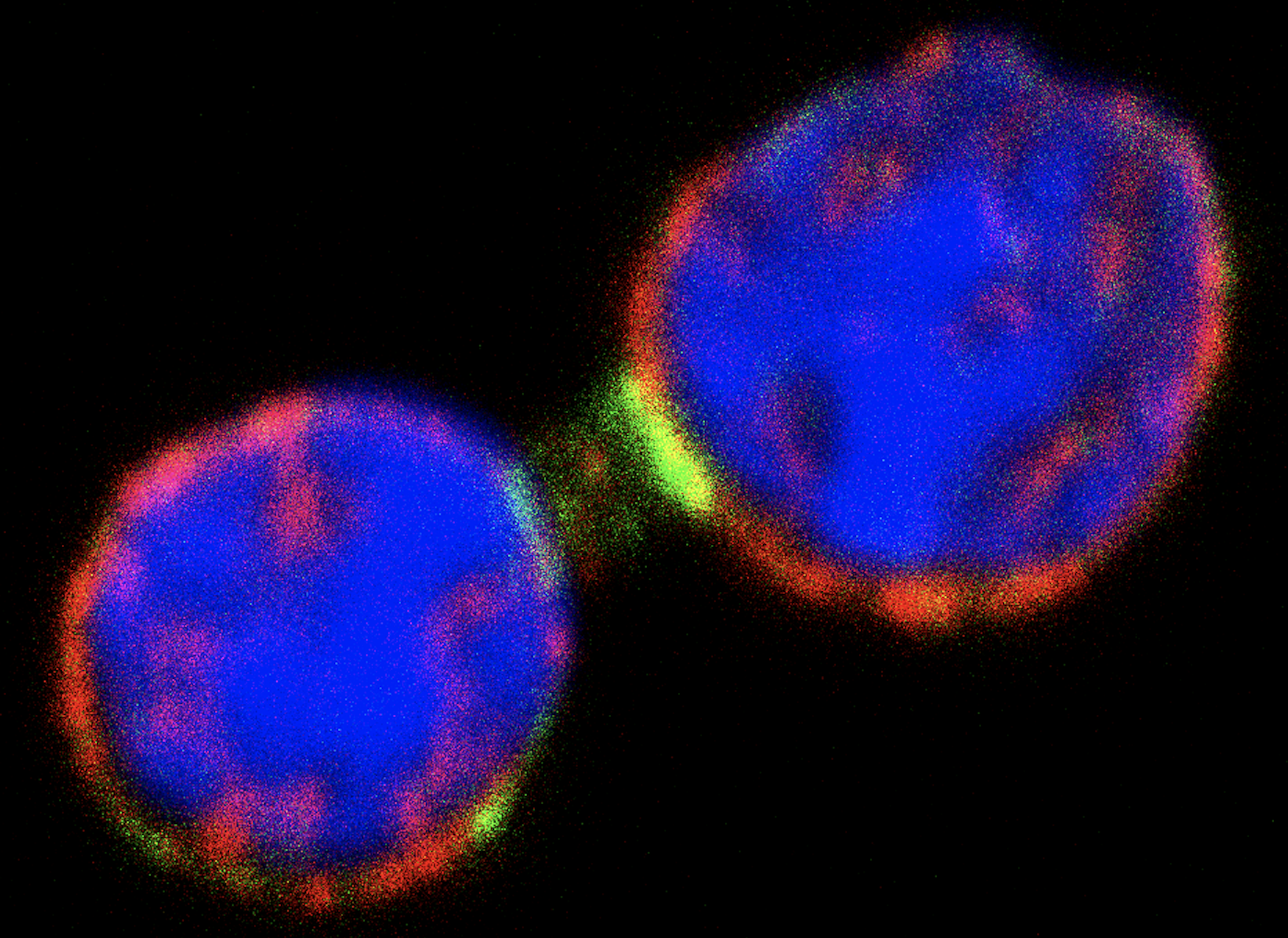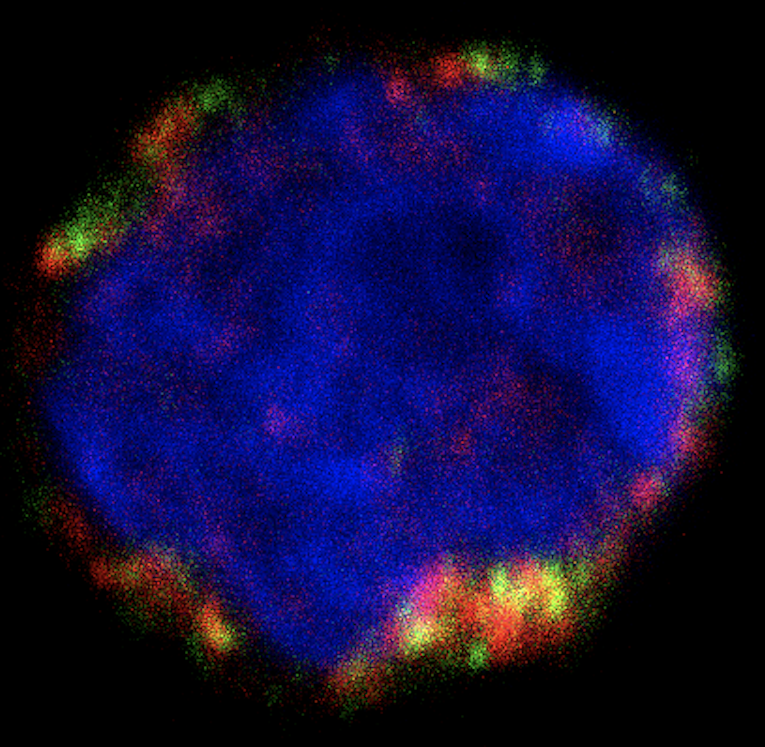



WELCOME TO THE GHAFFARI LAB
Come and join our diverse group of scientists as we discover how to treat leukemias and chronic blood disorders, often associated with aging, by targeting organelles like lysosomes and mitochondria in stem and progenitor cells. We are looking for fresh minds to help us identify and solve the next set of challenges by thinking critically, while employing our various cutting-edge approaches, including single cell omics.
Blood Cells travel in the body to bring oxygen to all tissues, fight infections and stop bleeding when needed. Billions of blood cells are produced daily from a few hematopoietic (blood forming) stem cells (HSCs) lodged in the bone marrow of the adults. This enormous capacity of hematopoietic stem cells to constantly generate blood declines gradually and derails with age. These age-related alterations are considered to be at the root of many blood disorders including blood malignancies. The work in the Ghaffari lab is focused on elucidating mechanisms that maintain healthy blood-forming stem and progenitor cell formation that become defective with age causing disease. These mechanisms may be explored for therapeutic purposes and to prevent disease.
Hematopoietic Stem Cells (HSCs) are the source of stem cell transplantation that is curative in many blood and immune disorders, and blood malignancies as well as in some solid tumor cancers. One of the major constrains causing the failure of hematopoietic stem cell transplantation is the limited numbers of HSCs available for this procedure in the graft. Our laboratory has identified regulatory pathways, mediated by lysosomes – cells’ degradation-recycling centers – that enhance hematopoietic stem cell activity and may be explored for improving stem cell transplantation. More recently, the lab showed that dysfunction of these lysosomal pathways is central to HSC aging. Based on these findings, and similarities between HSCs and Leukemic Stem Cells (LSCs), potential related mechanisms that abrogate the resistance of leukemia stem cells to therapy are under investigation.
Erythropoiesis and Red Blood Cells (RBCs) Produced in greatest numbers from hematopoietic stem cells through a process called erythropoiesis, RBCs lack a nucleus and carry oxygen to all tissues, remove carbon dioxide, remodel vessels and are essential for life. Alterations in RBC production leads to anemia and many other blood disorders. Ghaffari laboratory studies mechanisms that regulate RBC production and their alterations in disease. Our recent work suggests that mitochondrial function is directly wired into the generation of RBCs; we are currently pursuing these lines of investigations.
 Saghi Ghaffari, MD, PhD
Saghi Ghaffari, MD, PhD